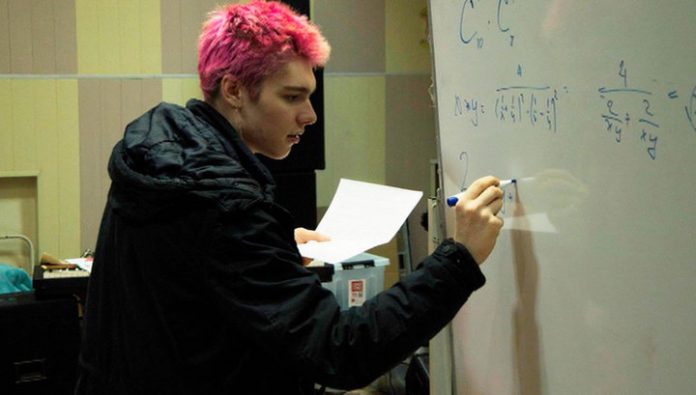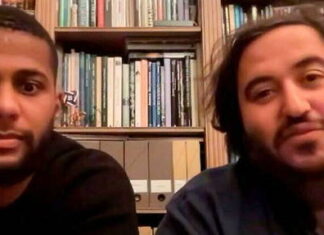Almost three dozen themed camps for children in Russia will be this year’s students. They will be able not only to relax but also to learn a lot about robotics and computer programmes to try your hand at 3D-modeling and other areas of the IT sector. It’s all part of the national project “Digital economy”.
the future belongs to them. Young, bold, daring, talented, greedy for knowledge. And this knowledge has long been not only inside the school walls and classrooms of universities. The Internet as a guide to the world of information. The opportunity to see the ancient city alive, to contemplate the composition of the best museums in the world, listen to lectures by Nobel laureates, or even just to visit a school lesson from the comfort of home, free and implemented only one click. To do this click available to everyone — the main task of the national programme “Digital economy”.
Udmurtiya. The village Debesy, 1200 kilometers from the capital, 130 kilometers from Izhevsk, the nearest train station is an hour away. Soon these distances turn into conventions — information infrastructure, like a global web grows across the country, hundreds of miles of cables and thousands of cell towers. By next year high-speed Internet access will appear in almost 42 thousand schools, colleges and technical schools, making high-quality and modern online education is available not only to inhabitants of megacities, but also small towns. In one Udmurtia, the Internet will hold 300 educational institutions.
“In particular, for three years, in the period from 2019 to 2021, it is planned to connect to the Internet 875 social facilities. And we’re talking about high-speed access to the Internet. We have a total of 622 schools, of which 370 have already been connected through optical fiber communication, and for 2020 we will connect an additional 92 schools. Just for 2020, we have planned the connection 280 social objects”, — says the Minister of information and communiz of the Udmurt Republic Timur Madjitov.
But the digitalization is much more than just the opportunity is unlimited to surf the Internet. Developer, IT-analyst, expert of information security. Tomorrow’s specialists are now studying in regular schools. This prize-winners of competitions, young researchers, creators and theorists. 850 grants for high achievements in the field of mathematics, Informatics and technologies of digital economy students from all over Russia will be able to this year. And in 2020, 28 children’s camps will open its thematic shifts. Robotics, computer programs, 3D-modeling and much more. Boring classes for Teens in plain language, and most importantly — the sea practice in the company of experts and those who not so long ago was sitting at a school Desk.
“In my experience I can say that students like to do in the company of people close to them in age. They perceive students much better because the students closer to him. And youth-specific manner of communication also contributes to this. The atmosphere of the camp allows you not only to learn, at a high level, but also spending time in the company of like-minded students who will always help advice,” said the student, MFTI, counselor shifts of the digital economy Valery Kotov.
Last change in Moscow gathered children from 27 regions of the country from Altay to Yaroslavl. Because the level of education should be the same, regardless of geographic location. In the Belgorod and Orenburg areas most of the schools have won grants to develop education in the field of mathematics, Informatics and technology. Such grants receive the best gymnasiums, lyceums and schools to develop, and most importantly — to share their experiences. My experience says and business. “Lessons in numbers” is not just computer science, but a training course from the giants of the IT market on various IT-nupravleniem in the form of a game.
“the Project “Lesson numbers” and part of our company, “Kaspersky Lab”, dedicated to the information security of children on the Internet. We will discuss the issues related to the security of your accounts in social networks, with the selection of passwords, with the need to use a secure connection to make purchases or transfer someone the money and, overall, security future, security of our children on the Internet” — explains the head of “Kaspersky Lab” on child online safety Andrei Sidenko.
Artificial intelligence, project management, cloud technologies, what the early years studied in the universities, are now available to ordinary students. After all, they and their achievements will shape the future, including digital.


















